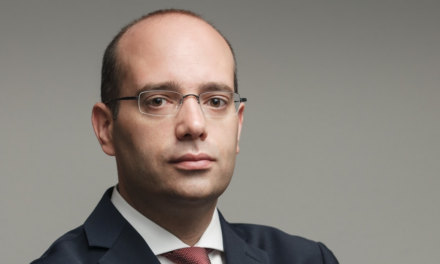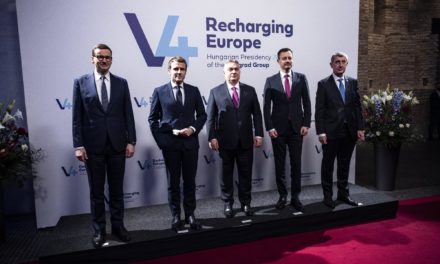European law is nourished by the heritage of national legal systems and legal cultures, German constitutional judge Peter M. Huber told Mandiner. We quote from the interview.
- The primacy of EU law can be mentioned among the basic principles established by the Court of Justice of the European Union. In addition, it can also be seen that the constitutional courts and high courts of the member states are increasingly reviewing the EU legislation and the decisions of the EU judicial forum. What is the role of national constitutional courts in relation to EU law?
Almost all member states claim that European law can be applied in the countries only because the national constitutions allow it and their legislators have adopted an international treaty that implicitly recognizes that European law enjoys some degree of priority within the framework of the realization of integration. In light of this, the unlimited primacy of European law or its autonomy, which applies independently of the founding treaties and the member states, is not convincing in a legal sense.
The founding treaties contain many provisions that support our position, but none that would support the perception of the institutions of the European Union. In addition, this is what the constitutional courts and supreme courts all over Europe believe. It is in the interest of all of us that European integration flourishes, however, we must preserve the balance between the member states and the institutions of the European Union.
-The founding treaties require EU institutions to respect national identities". How can it be preserved?
According to my experience, only by national constitutional courts and high courts.
In addition, the decision-making of the European Union can be legitimately checked in this way, because its democratic legitimacy cannot really be traced back to the European Commission or any other EU institution. The source of the democratic legitimacy of integration is the fact that the twenty-seven member states have agreed to cooperate and exercise a piece of their sovereignty together.
This system worked more or less well for sixty years, and the clearer the objective of European integration, the more convincing it proved to be. is the realization of the single internal market or the area based on the enforcement of freedom, security and law However, this system became uncertain with the expansion of the powers of the European Union, and meanwhile the Court of Justice of the European Union continued to insist that it could remain the engine of integration, ignoring the changed circumstances.
-What does this manifest itself in?
The Court of Justice of the European Union constantly emphasizes the perception that acts in the direction of centralization, and in the meantime does not actually take notice of the principles that protect pluralism and diversity, that is, the principles of subsidiarity, proportionality and limited delegation of powers.
I reviewed the case law practice of the Court of Justice of the European Union from 1951 and found a total of three and a half cases in which the court ruled that the European Union did not have jurisdiction over the given issue.
This clearly shows that the CJEU cannot be considered a fair and reliable arbitrator in disputes between the Union and the Member States. The principle of primacy professed by the institutions of the European Union actually means complete submission without constitutional reservations. The Court of Justice of the European Union cannot be regarded as a reliable arbitrator"
more details of the article here.













